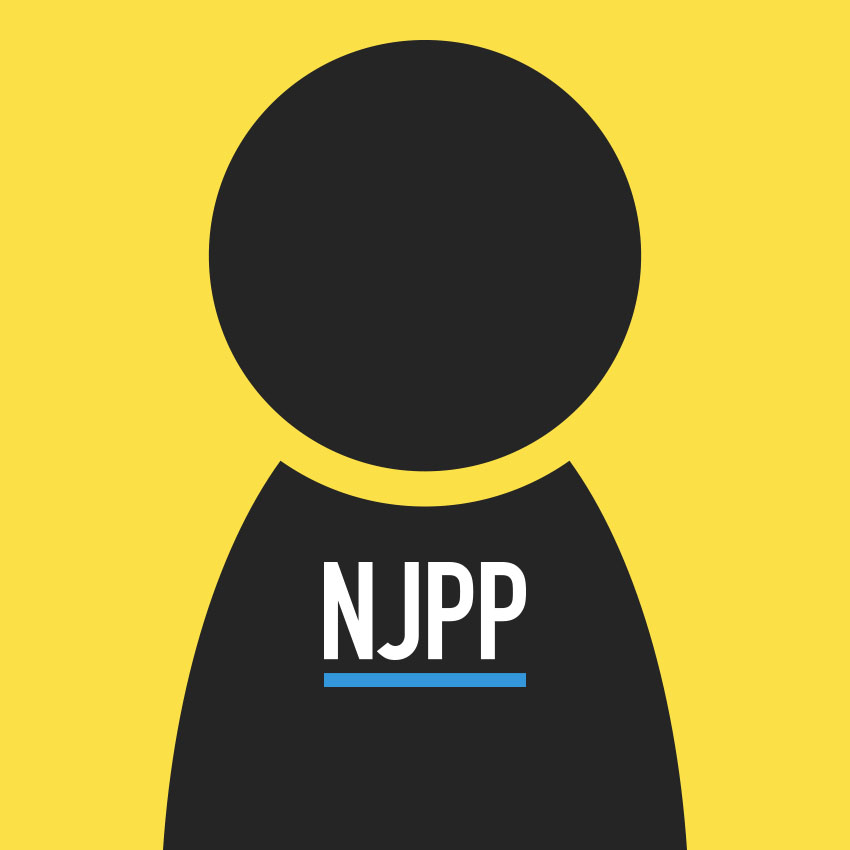Today, the Assembly and Senate Budget Committees took big steps toward improving the lives of some of New Jersey’s poorest families with children by pushing forward key improvements to WorkFirst New Jersey, or TANF. The committees advanced two separate bills, and also approved 2017 budgets that incorporate these improvements.
The Anti-Poverty Network of New Jersey and New Jersey Policy Perspective have been urging elected officials to act on these issues, and will continue to do so until they are signed by the governor. We’ve been joined by 36 other organizations and 26 individuals; 32 faith leaders from a widerange of denominations; and the entire delegation of New Jersey’s Catholic bishops.
“Never in the last three decades have we gotten this close to actually doing something about the alarming problem of deep child poverty in New Jersey,” said New Jersey Policy Perspective Senior Policy Analyst Raymond Castro. “It’s beyond high time for the legislature and the governor to step up and address the needs of our most vulnerable New Jerseyans.”
“Our poorest families who received TANF benefits through WorkFirst New Jersey are facing the kind of intense deprivation that should be unknown in a high resource state like New Jersey,” said Renee Koubiadis, Executive Director of the Anti-Poverty Network of New Jersey. “The TANF benefit level is the same as when my family stopped receiving cash assistance 30 years ago and it was not enough to survive on then. The WFNJ benefit level must be raised by 30% to help our poorest families who struggle every day.”
The two pieces of legislation in question are:
A-30/S-1829: Increases the cash assistance available to New Jerseyans in WorkFirst New Jersey (also known as TANF, or Temporary Assistance for Needy Families) by 30 percent over three years. As NJPP revealed in a groundbreaking February report, the level of assistance has not been increased in 29 years, which has cut the true value of the assistance by more than half, making the poorest New Jersey families’ prospects of getting by even more dire – even with assistance. This lack of attention to WorkFirst New Jersey has been a major cause of the Garden State’s deep child poverty problem. New Jersey’s assistance is now the lowest in the Northeast, and is lower than very poor states like Kentucky when housing costs are factored in. This bill was cleared today by the Senate Budget Committee; it has already been passed by the Assembly. It now only needs to be passed by the full Senate and would then go to Gov. Christie’s desk.
S-1854/A-3410: Repeals the so-called “family cap” in WorkFirst New Jersey, a punitive measure that denies cash assistance to any children born to mothers on assistance. For example, a mother who has her second child while on TANF currently receives $322 a month (the benefit for a two-person family), not $424 a month (the benefit for a three-person family) – a cut of $102, or 24%. Since it was enacted in 1992, the family cap has punished over 20,000 very poor New Jersey children by denying them assistance. States are increasingly moving away from this policy as they realize it only punishes children for being born; 7 states have repealed their family cap laws since 2002, with the latest – California – doing so this month. New Jersey should follow suit. This bill was cleared today by the Assembly and Senate Budget Committees; it now needs to be passed on the floor of each house.

